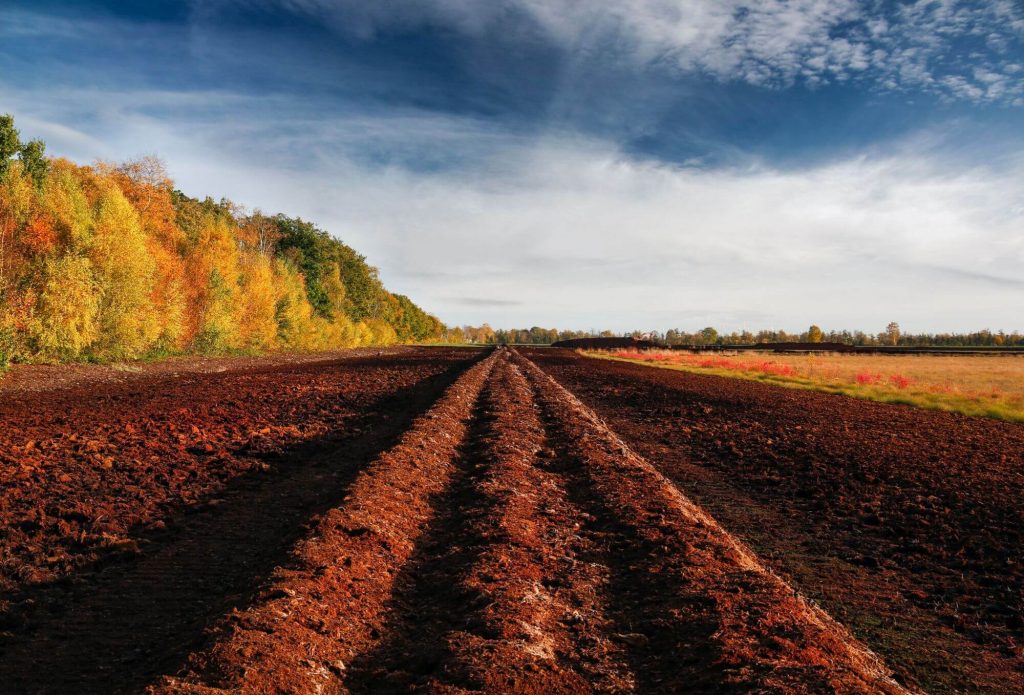Commercial synthetic fertilizers have become routine products for lawn care professionals, homeowners, and the agricultural sector throughout the country. In an attempt to showcase the healthiest, most vibrant lawns in the neighborhood, homeowners and landscapers often rely on chemical-based fertilizers. What isn’t understood, is the alarming damage that chemical-based fertilizers have on soil quality health and just how problematic that is for water quality.
A much more responsible and sustainable option for both residential lawns and local watersheds is to use a compost-based product that can provide the same nutrients as chemical-based fertilizers, but also adds essential elements and critical organics that your soils need. By using a high-nutrient biosolids compost, similar to our Nutriblend Compost or Nutriblend Organics product, as a topdressing material for lawns, you help rebuild depleted soil structures, which then increases organic matter in the soil and increases essential soil microbes. When this occurs, your soil starts to work for you and your environment in a safe and healthy manner by preserving water quality and protecting the fragile environment.
Healthy soils provide more benefits than just a bright colored lawn, including:
- Better water retention so plants require less watering and are more heat and drought resistance
- Better prevention of off-site leaching, which protects waterways and requires significantly less fertilizer
- Serve as building blocks for all plants and vegetation, whether it be in a garden or on your lawn
- Reduction in costs spent managing crops or lawns by reducing the need to constantly apply fertilizers or other chemical treatments
More than just water quality protection…

Whether or not you believe that mankind has a responsibility to protect the environment and defend the planet against global warming, there is no debate that plants consume problematic CO2, which prevents it from entering the atmosphere. The same is true of soils. The more organic matter present and available in soils, the more carbon is pulled from the atmosphere and brought into the soils for use in plants. The notion of carbon sequestration from healthy soils is another benefit that we can realize when people start feeding and treating lawns, gardens, and agricultural fields with biosolids-based fertilizers instead of harmful chemical fertilizers. The more organic matter that we put back into our soils, the more we can fight against the rapid effects of CO2 emissions.
